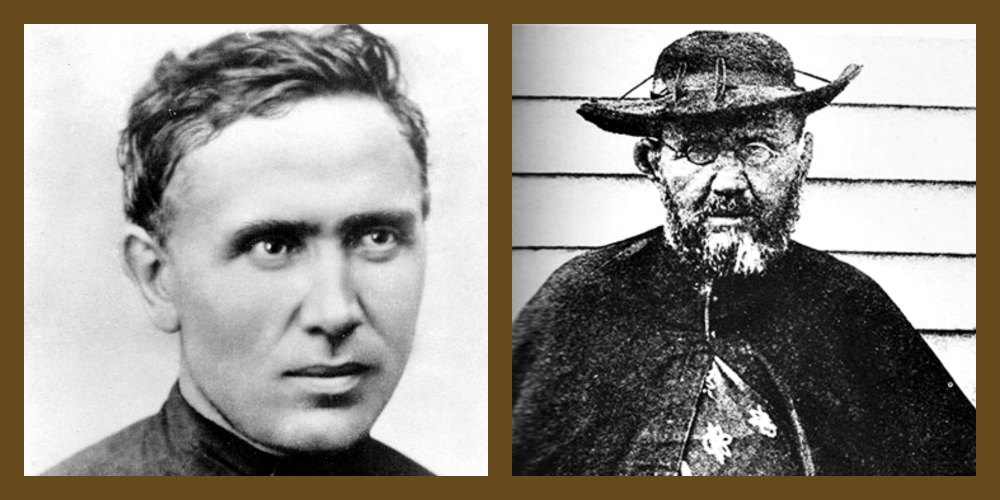Praying the Gospel through the Rosary: Carrying the Cross
Submitted by Deacon Jim Krupka
John 19:17 says Jesus carried the cross himself to Golgotha, or “Place of the Skull.” The other Gospels say a man named Simon carried it for him (Luke 23:26, Mark 15:21, Matthew 27:32). “And they compelled a passer-by, Simon of Cyrene, who was coming in from the country, the father of Alexander and Rufus, to carry his cross. And they brought him to the place called Golgotha (which means the place of a skull)” (Mk 15:21-22). Our Church reminds us, “By accepting in his human will that the Father’s will be done, he accepts his death as redemptive, for ‘he himself bore our sins in his body on the tree’ (1 Pt 2:24)” (CCC, 612).
Jesus carrying His cross teaches us about the nature of suffering. Many times suffering does not seem aligned with a loving God. Some good people suffer for years against all sorts of pains. Some find ways to go on with love for God and joy in their hearts. Some give up. Jesus’ falling, mentioned three times in his Passion, significantly shows us the difference between perseverance and giving up. Each time Jesus fell, he got back up. From his “agony in the garden,” we know his answer to the “why” part of this. He was following God’s Will under his own free will choice. For us, as it was for Jesus, sometimes that means freely accepting suffering that comes to us.
This meditation calls us to recognize suffering, weakness and falling as part of life. It is also a mysterious part of God’s plan. Many of our human emotions confront us as we ponder this mystery. Why does this or that happen to me? Why does it feel like God abandoned me when I try so hard to follow him? What compromises in faithful discipleship do I make for my comfort rather than following God’s Will?
The U.S. Council of Catholic Bishops gives us a pair of prayer intentions as we ponder this mystery. First, we should pray for “all who labor under burdens that seem too great to bear—due to illness, age, poverty, cruelty or injustice—that our prayers and aid will lighten their crosses.” Second, we should remember those “who struggle to live the Gospel of Life, that they might pick up their crosses and walk the way of sorrows with the Savior of the world.” These prayer intentions are as much for ourselves as for others. We ask God for strength as we ask that he give strength to others.
